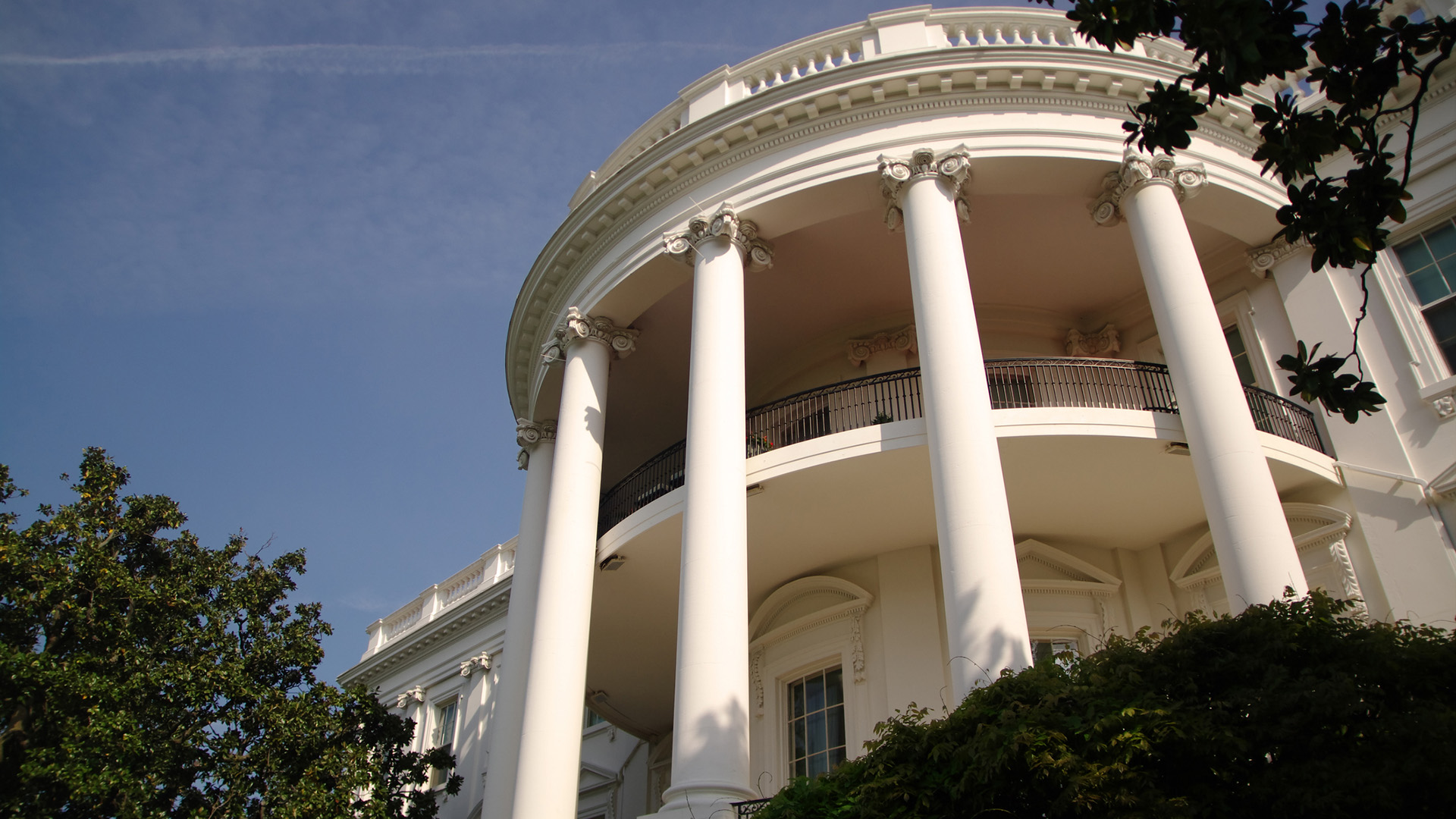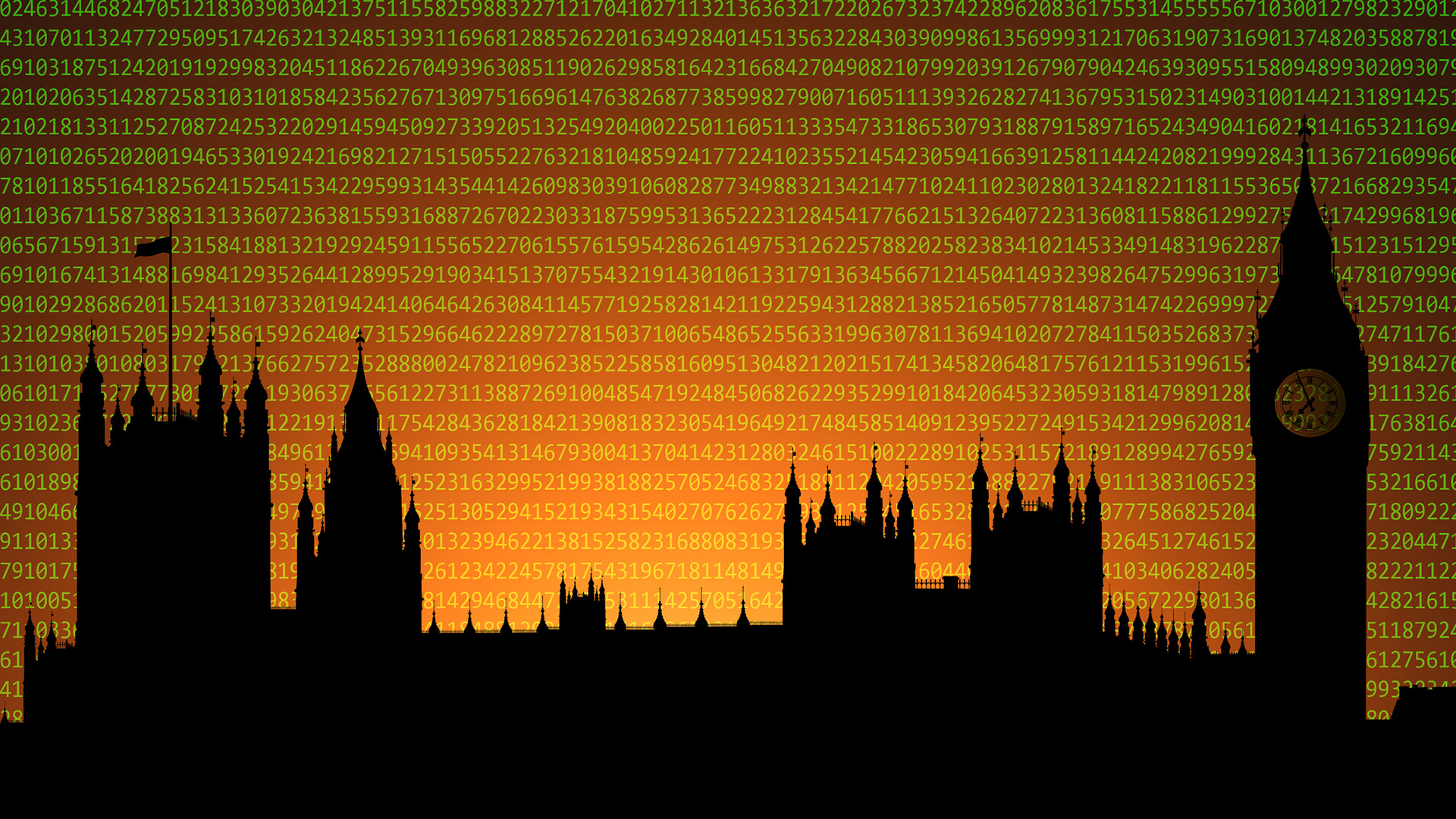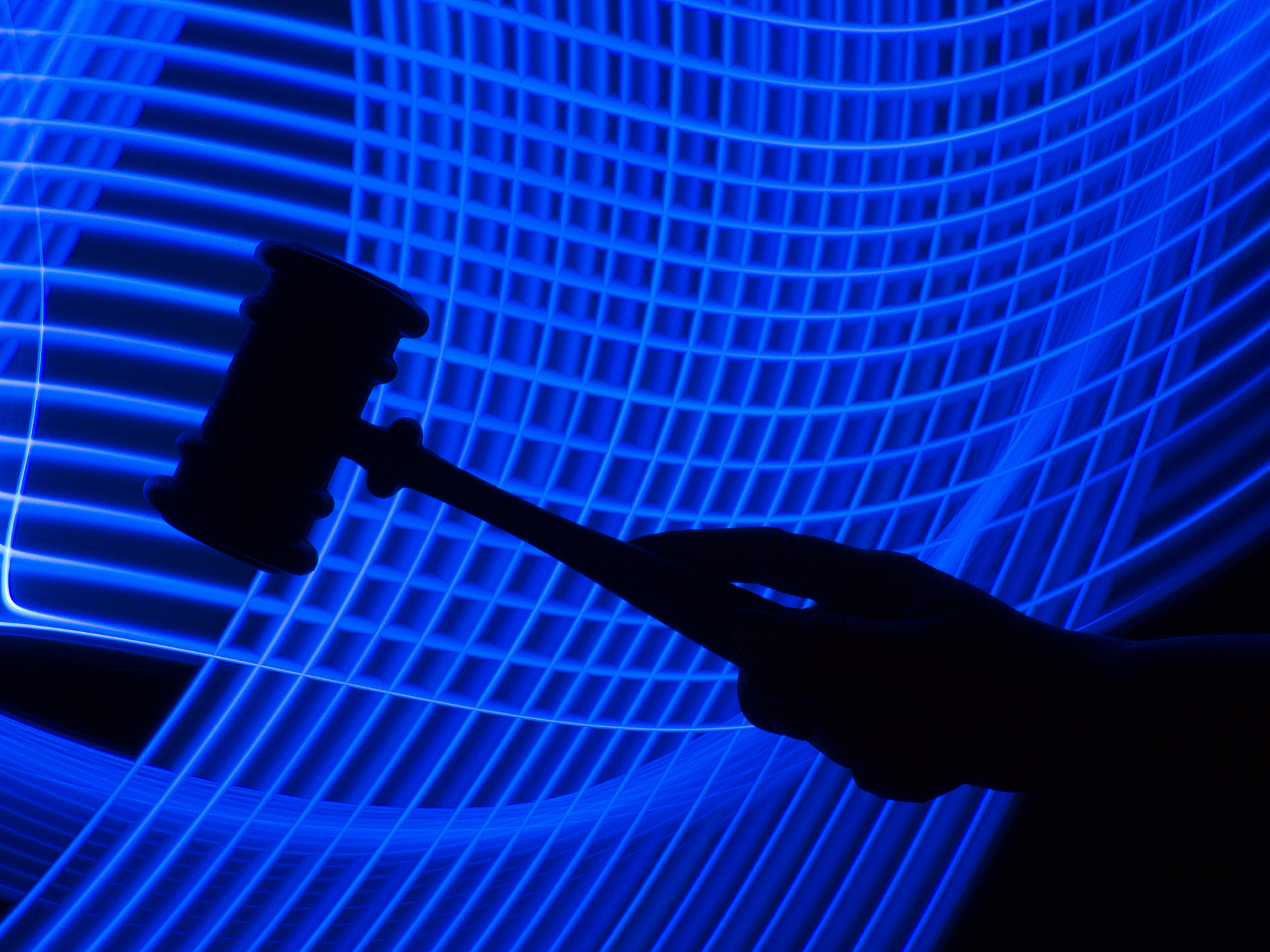The Digital Economy Act: Is it doomed to never happen?
As a further delay hits part of the implementation of the Digital Economy Act, is this just a small hiccup, or is the Act being rendered toothless already? Simon Brew takes a look.

It seems a long time ago now that Lord Carter Of Barnes published his contentious and divisive report on the future of digital Britain. The original document came out in 2009, after a long consultation, and as a result of that, the Digital Economy Act was born.
It was first formally announced at the 2009's Queen's Speech, before going before Parliament in 2010. As of June 2010, it found its way onto the statute books, caught between the old Labour government and the current coalition administration. Yet, for all intents and purposes, it's now the law of the land.
With each passing year, it runs the danger of being less relevant, and raises fears that it may never be fully activated in law.
Or is it? While many parts of the Act are seemingly in force, one of the major controversial areas still isn't. Specifically, the loudly-championed anti-piracy measures. This is the part of the bill that copyright owners had lobbied and campaigned for for, citing it as imperative to help protect their work. It's the part, too, that includes the equally loudly-criticised three strikes policy. But it's the part that also continues to attract problems.
Striking
In short, the three strikes policy, which for many is at the heart of the act, is in a bit of trouble. This is the part of the legislation that aims to deter persistent copyright infringers and illegal downloaders. As such, after a couple of warnings (starting off gently, and then getting sterner), ISPs would hold the power to disconnect continual offenders, and, in fact, would be bound by law to do so. Internet service providers didn't warm to this idea at all, arguing that it was making them a police force for the internet, something they were ill-equipped and ill-funded to do. Thus, two of them took it to a judicial review, which was ruled on in March.
Get the ITPro daily newsletter
Sign up today and you will receive a free copy of our Future Focus 2025 report - the leading guidance on AI, cybersecurity and other IT challenges as per 700+ senior executives
-
 Asus ZenScreen Fold OLED MQ17QH review
Asus ZenScreen Fold OLED MQ17QH reviewReviews A stunning foldable 17.3in OLED display – but it's too expensive to be anything more than a thrilling tech demo
By Sasha Muller
-
 How the UK MoJ achieved secure networks for prisons and offices with Palo Alto Networks
How the UK MoJ achieved secure networks for prisons and offices with Palo Alto NetworksCase study Adopting zero trust is a necessity when your own users are trying to launch cyber attacks
By Rory Bathgate
-
 FCC orders telcos to sharpen up security after Salt Typhoon chaos
FCC orders telcos to sharpen up security after Salt Typhoon chaosNews The move follows a devastating attack on US telecoms infrastructure
By Solomon Klappholz
-
 US eyes 'Cyber Trust Mark' to lock down IoT frailties, but experts worry it doesn’t go far enough
US eyes 'Cyber Trust Mark' to lock down IoT frailties, but experts worry it doesn’t go far enoughNews The label is intended to build trust in internet-connected devices
By Solomon Klappholz
-
 Why the UK's "outdated" cybersecurity legislation needs an urgent refresh
Why the UK's "outdated" cybersecurity legislation needs an urgent refreshNews The bipartisan coalition seeks to update the Computer Misuse Act
By Solomon Klappholz
-
 Top data security trends
Top data security trendsWhitepaper Must-have tools for your data security toolkit
By ITPro
-
 Conquering technology risk in banking
Conquering technology risk in bankingWhitepaper Five ways leaders can transform technology risk into advantage
By ITPro
-
 Advancing your risk management maturity
Advancing your risk management maturityWhitepaper A roadmap to effective governance and increase resilience
By ITPro
-
 Are you ready for NIS2?
Are you ready for NIS2?WEBINAR Find out what you should be doing to prepare for the EU’s latest data protection regulation and UK equivalent with our free webinar
By ITPro
-
 Fines for data mismanagement could exceed $1 billion
Fines for data mismanagement could exceed $1 billionNews Businesses that are careless with subject rights requests could face severe penalties
By Richard Speed